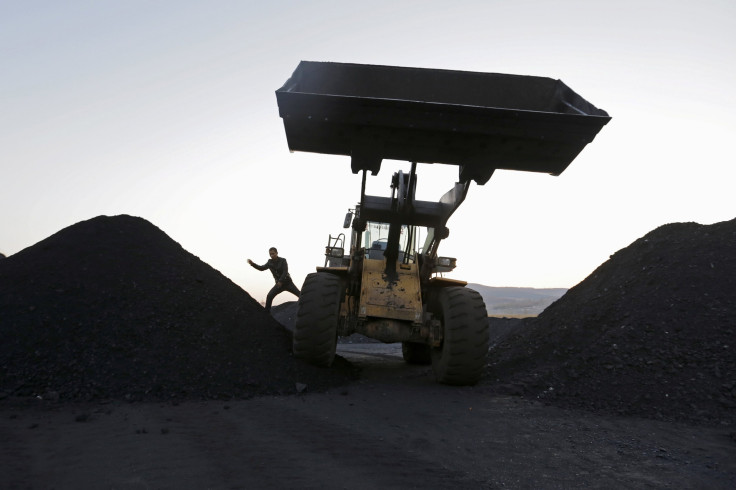North Korea News: Where Pyongyang Gets Its Money For Nuclear Weapons Projects

In a sign that sanctions against the country may have backfired, North Korea’s coal export prices have lately shot up 40 percent, from about $59 in early August to $99 in late October, the Wall Street Journal reported.
United Nations sanctions against Pyongyang, a punishment for nuclear tests that have violated U.N. Security Council resolutions, sought to ban the country from exporting most of its natural resources. Coal is North Korea’s top export, making up a third of the country’s $3.1 billion in exports in 2014.
Pyongyang’s top export destination is its neighbor, China, which bought $2.67 billion in North Korean exports in 2014. Suffering from the squeeze on Korean coal, China used a U.N. loophole allowing Beijing to maintain coal imports from Pyongyang on the basis of “livelihood purposes,” despite agreeing to the U.N. sanctions in April. In August, coal exports from North Korea to China hit a record high of 2.465 million tons after falling to 1.527 million from 2.345 million tons around the time when the sanctions were to be imposed.
In a joint press conference with his South Korean counterpart on Oct. 19, Secretary of State John Kerry noted that the loophole was “obviously being abused.”
“Why is it being abused? Because the greatest amount of coal and the greatest amount of revenue historically has just passed between China and North Korea,” Kerry said. “And that is hardly putting in place the kinds of sanctions that ought to be in place.”
He added that the U.S. would continue its push for sanctions against Pyongyang, as opposed to the “military choice.”
The U.S. has already been investigating Chinese firms for North Korean sanctions breaches over the past month.
Worsening the coal scarcity for China—which imported 6.3 percent of its coal from North Korea, compared to 48 percent in Australia, in 2014—the latter country closed eight of its 12 high-emissions plants in the past five years. And in May, Australian officials sowed doubts that the remaining plants could thrive in light of the country’s signing the 2015 Paris climate agreement.
Globally, coal prices have skyrocketed since the U.N. sanctions against North Korea were set to begin last spring, from around $50 in April to nearly $95 by the end of October.
North Korea’s latest nuclear weapons tests on Oct. 20 were unsuccessful but came just weeks after Pyongyang fired ballistic missiles into the Sea of Japan. With more export revenue from rising coal prices and its biggest buyer struggling to meet demand, North Korea’s growing financial resources may continue to render the anti-nuclear sanctions ineffective.
© Copyright IBTimes 2024. All rights reserved.





















